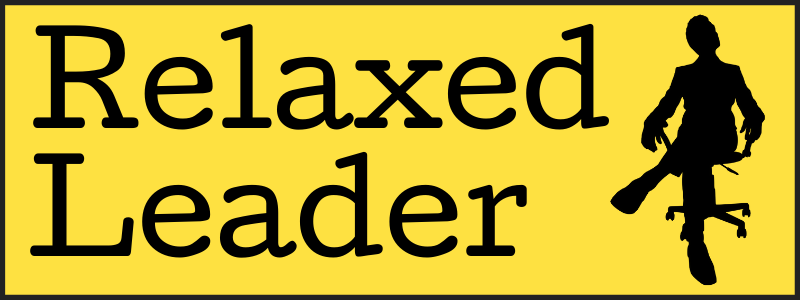 Reading I: Deuteronomy 18:15-20
Reading I: Deuteronomy 18:15-20
Reading II: 1 Corinthians 7:32-35
GOSPEL: Mark 1:21-28
Authority & Recognition
In today’s Gospel, the people in the synagogue are amazed at Jesus, as evidenced by the fact that they say he teaches “with authority.” So then, what we need to explore is exactly what they meant by “authority” and what the implications are for us today. It was because of this authority that Jesus drew people to him, so is there a way that we can do the same thing?
By What Authority?
Through our baptism, we are all called to spread the Good News to all people. We are called to evangelize. For many Catholics, the word “evangelize” conjures up images of TV preachers and handing out religious tracts door-to-door. For others, they feel that evangelization is the job of the ordained and religious – men and women who have been trained in the theology and Tradition of the Catholic Church – not for the average person in the pew.
At first glance, it may seem logical to leave evangelization to those with a greater knowledge of the institutional Church because it seems like they will teach with authority. But how much weight is given to the “authority” of the Church by those who are not already members of the Church? One reason that Jesus appealed to so many Gentiles is because he spoke with the authority of everyday life. He told stories about things that they understood in order to teach them about things that they did not understand.
We don’t need institutional authority to share the teachings of the Church with people. If we talk to others about social justice, for example, perhaps they will want to learn more about the institution that is creating and sharing those teachings. When people discover that there is an institution that is fighting for personal rights and taking a stand against all forms of oppression wherever it occurs, they may recognize the voice of authority and decide to explore our faith! Having the moral high ground gives us “authority.”
Do the Unclean Spirits Recognize Us?
In today’s Gospel, the unclean spirit said to Jesus, “I know who you are – the Holy One of God!” Even as the people were recognizing the authority of his teaching, the unclean spirits knew who he was. As a Church, do the “unclean spirits” of our world recognize the Holy One in us?
We need to share the Good News and the teachings of the Church. We need to oppose war and violence. We need to be the messengers of a loving and forgiving God. If we are loud enough and clear enough, the voices of evil and oppression will recognize us. They will know that we are the people of God and, like the unclean spirit in the Gospel, they will say to the Church, “I know who you are – the Holy One of God!”
Life Applications:
What images come to mind when you hear the word “evangelization?”
How do you (or can you) share the Good News and teachings of the Church with others?
Would an “unclean spirit” recognize you as a holy one of God?
Check out the REAL Word Podcast for the 4th Sunday in Ordinary Time (Cycle B):
Original article by Brandon Jubar, 2006-2021.

This work is licensed under a Creative Commons Attribution 4.0 International License.
